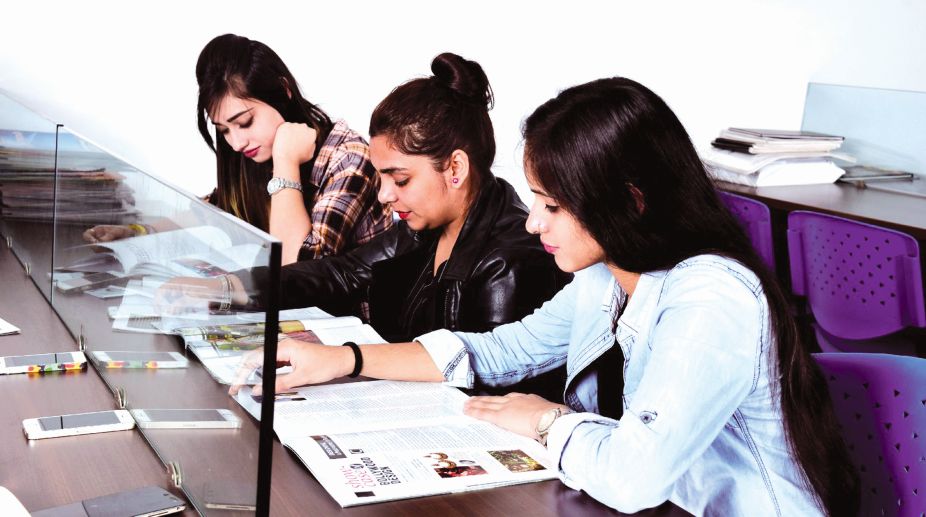Knowledge is the best investment for a nation that wants to grow on research and innovations as it provides returns that never depreciate. So, it is the responsibility of educationists and academicians to develop a culture that not only helps to enhance the learning skills of the students but simultaneously, that culture must also instigate them to think big and deliver innovative solutions.
Everyone understands today that in this fast-paced era of technological advancements and smart systems, unique and commercially viable concepts work. It is not the degree or qualifications that decide the career of a person — it is one’s competitive strength that determines his/her future. Many developed countries like the USA, Japan, Germany, and South Korea are already working on a strategic format that cultivates numerous inventions in the areas of science, technology, business, and even in the art and culture.
Advertisement
When curiosity pushes to exploration and knowledge unfolds the observation, then, creativity hosts impressive ideas and innovations. Schools, colleges, and other educational institutions are the places where teachers impart knowledge, skills, insight, and experiences to nurture the untapped talent of the society.
Unfortunately, for a majority of people in present times, learning is no more than sharing the pre-recorded information through books, class notes, lectures, and multimedia content. In this context schools and colleges are information highways to pass on the desired information from one generation to another. Contrary to the prevailing pathos, learning is all about the inclusive development of a person, be it cognitive, creative, intellectual, and spiritual.
Today, the entire world is searching young minds who think out-of-the-box to resolve various socio-economic problems of the world. Be it the problem of large-scale poverty before the developing countries or challenges encountered by the developed countries due to revolutions in cloud computing, and these are the smart and innovative people who can address these problems with perfection. That’s why, like other conscious nations, India is revamping its education system with the incorporation of many pragmatic and need-based programmes.
In this regard, the human resource development ministry establishes National Institute Ranking Framework, with a motto to breed innovations in colleges and university campuses. By their competency level as per global standards, NIRF will decide the rank of these institutes.
Fortunately, the academia and the corporate sector eventually realised that they need to work collaboratively to cultivate a culture of innovations and creativity in the country. The formation of Worldwide Academia Industry Network is a giant step in this direction. Their association has created a unique platform that provides immense opportunities to the students to study and research on various contemporary issues and develops customised solutions for each problem.
Another significant achievement in this context is the MeltingPot2020 Innovation Summit that recently held in New Delhi. The event was aimed to kick-start innovation-focused dialogues and debates between academician on contemporary issues and challenges. Programmes like MeltingPot2020, INSPIRE-MANAK by National Innovation Foundation, and Code to Learn Contest, which is a joint initiative of IIT-Delhi and Google India are some of the commendable steps taken by the Government, academia, and corporate in the recent past.
Our education demands a change. Awareness and access to technology are just the required fuels, but it is the high time that governments, universities, private institutions, and businesses should come forward and support each other to establish a progressive culture of innovations and research. Only collaboration of these players can make India the leader of tomorrow in the global economic sphere.
The writer is director (academics), Sorsfort











